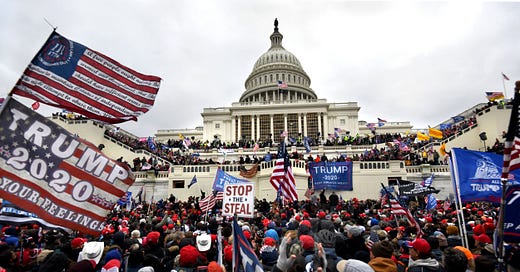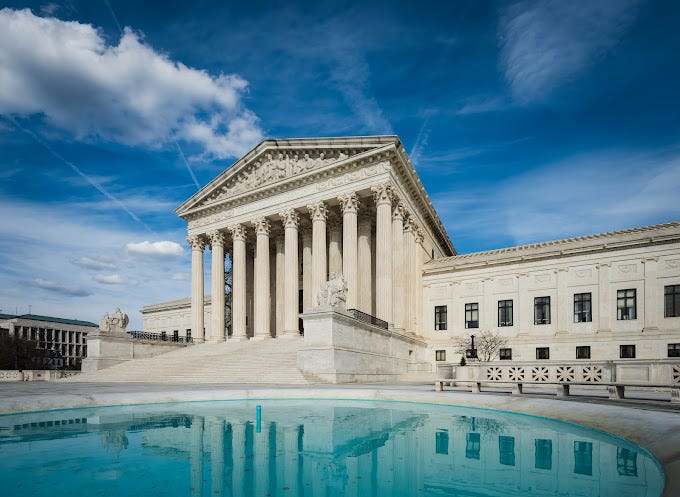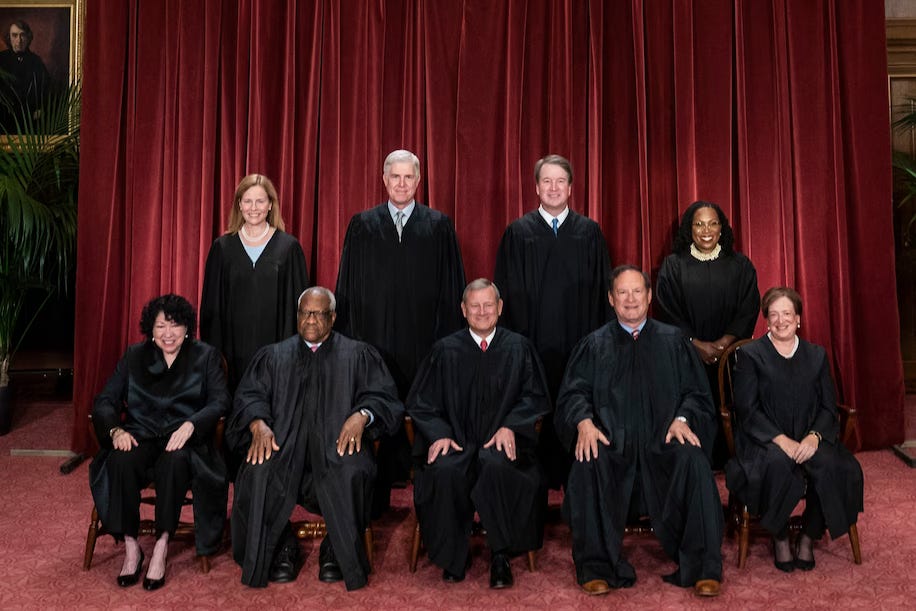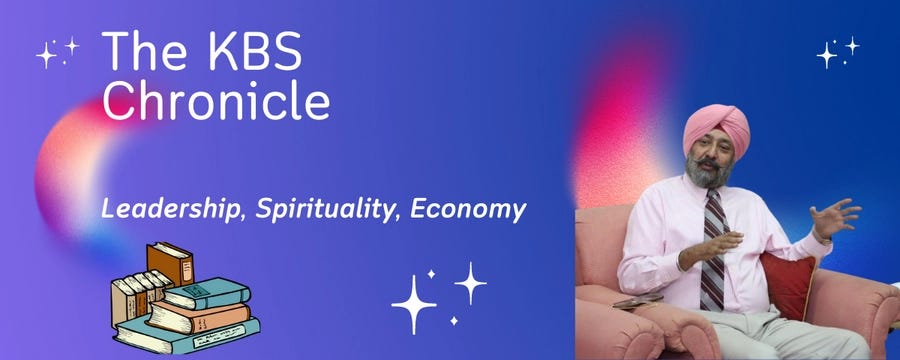US Supreme Court Limits Obstruction Charges in Capitol Riot Cases
Background and Context
In a landmark ruling pronounced today (28th June), the U.S. Supreme Court substantially toned down the scope of obstruction charges used by federal prosecutors against defendants involved in the January 6, 2021, Capitol riot. In a 6-3 decision in the case of Fischer v. United States, the Court determined that the government prosecutors had overreached in applying an obstruction law to charge hundreds of individuals who participated in the riot.
Chief Justice's Clarification on the Statute Invoked
Chief Justice John G. Roberts Jr., writing for the majority, explained that to prove a violation of the obstruction statute (18 U.S.C. Section 1512(c)(2)), the government must demonstrate that the defendant impaired the availability or integrity of records, documents, or objects used in an official proceeding. This statute, carrying a 20-year maximum penalty, was enacted after the Enron scandal to specifically address the destruction of evidence and documents. Chief Justice Roberts noted that the prosecutors' broad interpretation of the statute grants them excessive discretion to seek maximum sentences "for acts Congress saw fit to punish only with far shorter terms of imprisonment." He emphasized that the law was not intended as a catchall provision to be used in various contexts, such as the Capitol riot.
Impact on January 6 Defendants
This ruling directly impacts over 350 defendants charged with obstructing or impeding Congress' certification of the 2020 presidential election. Many of these individuals are likely to seek dismissal of their obstruction charges or to have their convictions vacated. However, as most defendants face additional charges beyond obstruction, they are not entirely off the hook.
Attorney General Merrick Garland expressed disappointment with the ruling but emphasized that it does not undermine the overall investigation and prosecution of the January 6 riot. He noted that the majority of the over 1,400 individuals charged for their actions on January 6 would not be affected by this decision, as they were not solely charged with the crime addressed in the Fischer case.
Potential Implications for Donald Trump
The decision also has potential implications for former President Donald Trump, who faces similar obstruction charges as part of a federal indictment for allegedly attempting to overturn the 2020 election. Two of the four counts against Trump are based on the same obstruction statute at issue in the Fischer case. However, legal experts suggest the impact on Trump's case may be limited. The Justice Department is likely to argue that Trump's alleged actions, such as orchestrating false elector slates, directly involved impairing documents and records, which could still constitute obstruction under the Court's interpretation.
Supreme Court Separately Considering Trump's Presidential Immunity Claim
The U.S. Supreme Court is separately deliberating on former President Donald Trump's claim of presidential immunity in relation to the January 6, 2021 Capitol riot. Trump seeks to dismiss the federal election subversion case brought against him by special counsel Jack Smith, arguing that he possesses absolute immunity from criminal charges for actions taken during his presidency. Lower courts, including a unanimous panel from the U.S. Court of Appeals for the District of Columbia Circuit, have rejected Trump's broad claims of immunity, ruling that he cannot shield himself from allegations of interfering with the 2020 election results.
Trump faces four felony charges, including conspiracy to overturn the election, obstruction of Congress, and conspiracy against voting rights. The Supreme Court Justices, during the course of the oral hearing that concluded in April, have shown skepticism towards Trump's absolute immunity claim, focusing on distinguishing between protected official acts and actions outside presidential duties. Their decision, expected soon— June end or early July— will set a precedent for presidential power and impact the timeline of Trump's trial.
Broader Legal and Political Ramifications
The Supreme Court's decision narrows the scope of the obstruction statute and disrupts the prosecution of many January 6 defendants, but its impact on Trump's case remains uncertain. The Justice Department maintains that the specific circumstances of Trump's alleged misconduct still support obstruction charges. The ultimate outcome for Trump will depend on further legal arguments and proceedings in his case.
Justice Amy Coney Barrett, in her dissent, argued that the Court's interpretation of the obstruction statute is overly narrow and requires "textual backflips" to achieve a limited reading of the law. She was joined in her dissent by Justices Sonia Sotomayor and Elena Kagan, who also voiced concerns about the majority's restrictive interpretation.
Summing Up
The Supreme Court's ruling in Fischer v. United States represents a significant development in the ongoing legal battles stemming from the January 6 Capitol riot. While it narrows the application of the obstruction statute, its full implications—especially concerning high-profile defendants like former President Trump—will unfold in the coming months as further legal proceedings continue. In conjunction with the forthcoming verdict on presidential immunity, which the Supreme Court is expected to pronounce soon, these rulings will determine the course of criminal proceedings not only for Donald Trump in the Capitol rioting case but also for the 350 accused, some of whom have already been convicted, and remaining person, who are yet to be indicted.
If you believe this article would interest someone you know, please feel free to share it anonymously (for us), using any platform that you prefer.







